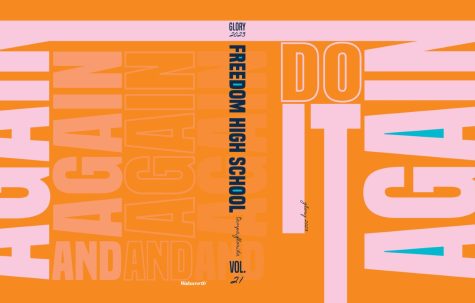Religious Freedom Or Legalized Discrimination?

The Religious Freedom Restoration Act passed 79-43 in the Mississippi House of Representatives, and 37-14 in the Senate on Tuesday. The bill’s main aim is “to provide that state action, or an action by any person based on state action, shall not burden a person’s right to the exercise of religion.” The state of Mississippi refers to a burden as any action that directly or indirectly denies or constrains the exercise of religion by any person. The bill further defines “exercise of religion” as the ability to act, or the refusal to act, in a manner that is substantially motivated by one’s sincerely held beliefs, whether or not it is compulsory to a larger system of belief.
But what does all this mean? The bill will work to protect citizens from state or local laws that violate the right of religious practice. This will give business owners the right to refuse customers if it is believed that their personal views or actions violate the religious beliefs of the business owner.
Supporters of the bill are using the 2012 instance of Pastor Telsa DeBerry as reasoning for approval of the bill. DeBerry successfully fought Holly Springs, Mississippi for his right to open a church in the town square, even though the city ordinance required at least 60% of surrounding property owners to approve. Along with Opulent Life Church, DeBerry challenged the city, claiming refusal to let him build the church was a discriminatory act. After a ruling of the Fifth Circuit was found in favor of DeBerry, both parties reached a settlement, and the church was able to relocate.
“If it were in effect at the time, it would’ve allowed Pastor DeBerry to use the state court to protect his religious freedoms, rather than the federal court,” Republican Representative Andy Gipson said. “That’s the real life scenario of the bill.”
Critics say the bill serves as legalization to discrimination, and claim that service refusal to customers who have varying religious opinions will become a common occurrence. The American Civil Liberties Union made known the fact that legislators in other states rejected similar measures, and Governor Jan Brewer of Arizona vetoed a version of the bill in February. Some members of the public are calling the bill “anti-gay,” and claim that the homosexual community will be unfairly targeted. Social media has become an outlet for public opposition after news of the bill’s passing spread. Fan proclaimed “Vine Famous” Mississippi resident Becca Carter took to her Vine account to voice her outrage.
“Sounds more like discrimination,” Carter said. “Where’s the bill for alcoholics, or convicts?”
To some, like Mississippi School of Law Student Matt Steffey, the bill just establishes a state law that goes with an existing federal law. But public opinion of the bill seems to be a toss-up, with pro and con arguments each having substantial public support. Ultimately, the decision of whether or not to pass the bill comes down to the Mississippi Governor, Phil Bryant. If passed into law, the bill would go into effect July 1.
“Go get all your shoppin’ done,” Carter said. “Before you’re not allowed.”

Caitlyn Stevenson is the Editor-in-Chief of the Revolution online newspaper. Joining staff at the beginning of her junior year, Caitlyn was promoted from...










